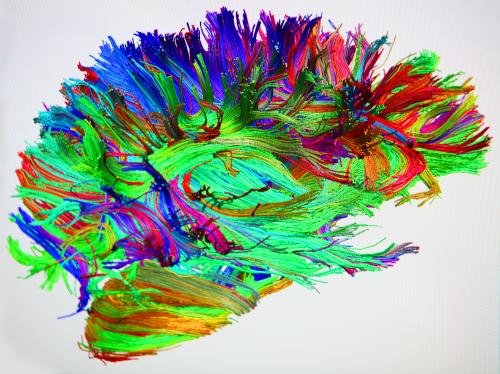The Center for Learning and Memory (CLM) at The University of Texas at Austin is comprised of world-class neuroscientists from diverse disciplines that work to elucidate the mechanisms that govern learning and memory. Research at CLM covers multiple levels of analysis from molecular mechanisms to human cognition. Our members span multiple departments including Neuroscience and Psychology at the main UT Austin campus and Neurology and Psychiatry at Dell Medical School. Our belief is that taking a collaborative approach from a variety of research perspectives creates synergistic potential for the discovery of novel insights into brain mechanisms of learning and memory.
Memory matters. A lot. It is one of the qualities that makes us human. Unfortunately, many diseases that impact brain health also affect learning and memory, including Alzheimer’s disease, depression, traumatic brain injury, epilepsy, and stroke. Diseases and disorders associated with learning and memory deficits constitute a major burden on our society. For example, more than 5.5 million Americans suffer from Alzheimer’s disease, the most common form of dementia and the 6th leading cause of death in the US, giving rise to hundreds of billions of dollars in health care costs and an overwhelming emotional toll on family and loved ones. Also, the majority of children in special education programs in the US have learning disabilities caused by neurodevelopmental disorders such as autism, with 1 in 6 children diagnosed with developmental disabilities and 1 in 44 children diagnosed with autism spectrum disorders. Therefore, understanding the brain mechanisms that govern learning and memory, and how these mechanisms go awry in learning and memory disorders, is essential to improve the quality of our daily lives and public health. Research at CLM is building the foundation of knowledge necessary to address these challenges and gain insight into this foundational element of human cognition and well-being


